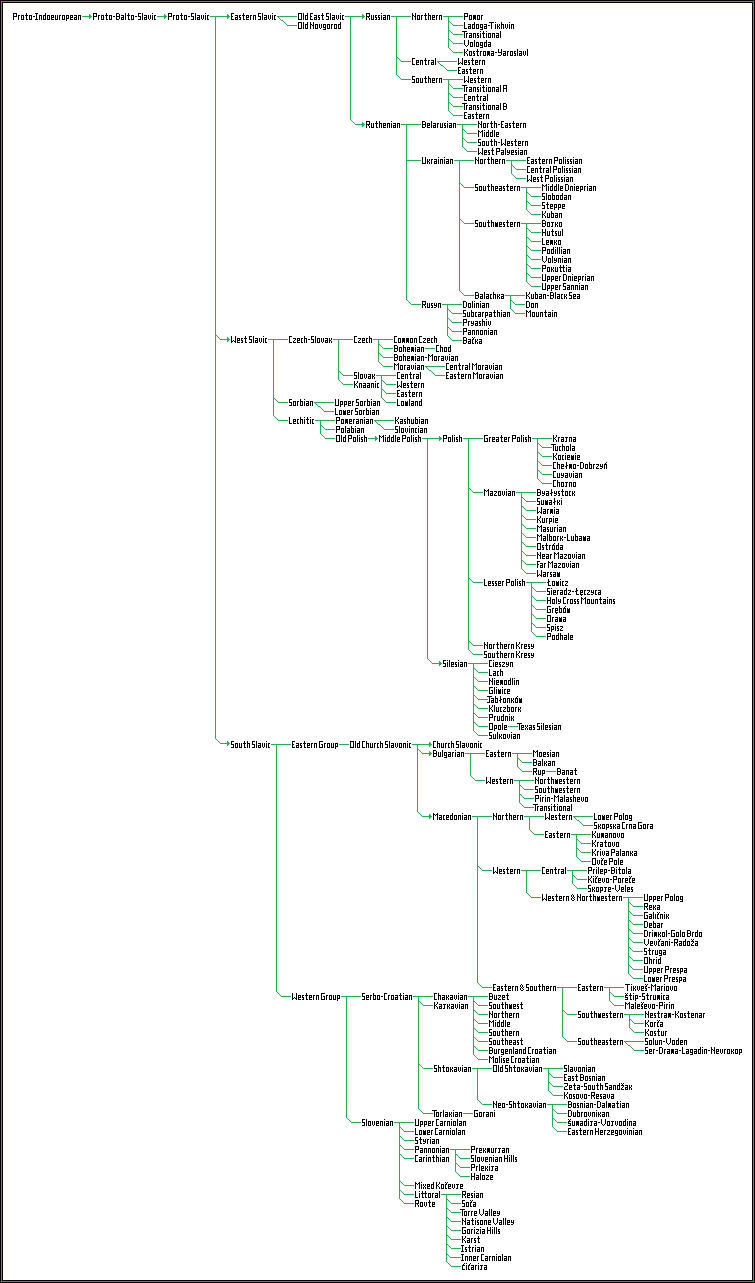Lwow Eagle
9 Mar 2016
History / Should Poland organize March of the Living in Volhynia and Eastern Lesser Poland? [65]
There could be no "revival" for something that was novel, and not accepted by many of the people others insisted were members of that new ethnonym. The term Ruthenian was used by the Great Powers at Versailles to distinguish the Catholics from the Orthodox. (See Margaret MacMillan's Paris 1919: Six Months That Changed the World, "It was not clear were the Ruthenians belonged...The Ruthenian delegates who managed to get to Paris by the spring of 1919 could not say what they wanted." [at pg. 225] ) That distinction is maintained by modern Russian social scientists. Historians Christopher Hann and Paul Robert Magosci, among others, also disagree with your Ukrainian neo-nationalist point of view and opinion.
Truly, the revisionism came when millions of people were deported to Siberia and Kazakhstan, murdered for asserting that they were not Ukrainians as the local fascists insisted, or refusing to participate in their pogroms, (which put even the Nazis to shame by attacking their close relatives), denied the ability of self-determination as to their national government, and in which army they might fight and serve, and also deprived of their right to practice their Catholic religion by Stalin's communists who forced their church to renounce the pope, or exiled in the West, etc.
There could be no "revival" for something that was novel, and not accepted by many of the people others insisted were members of that new ethnonym. The term Ruthenian was used by the Great Powers at Versailles to distinguish the Catholics from the Orthodox. (See Margaret MacMillan's Paris 1919: Six Months That Changed the World, "It was not clear were the Ruthenians belonged...The Ruthenian delegates who managed to get to Paris by the spring of 1919 could not say what they wanted." [at pg. 225] ) That distinction is maintained by modern Russian social scientists. Historians Christopher Hann and Paul Robert Magosci, among others, also disagree with your Ukrainian neo-nationalist point of view and opinion.
The Ukrainian National Revival was already in place by the mid 19th century, and the acceptance of an Ukrainian identity was complete by the end of the century. Ruthenian was used by the Polish to try and keep them divided.
Truly, the revisionism came when millions of people were deported to Siberia and Kazakhstan, murdered for asserting that they were not Ukrainians as the local fascists insisted, or refusing to participate in their pogroms, (which put even the Nazis to shame by attacking their close relatives), denied the ability of self-determination as to their national government, and in which army they might fight and serve, and also deprived of their right to practice their Catholic religion by Stalin's communists who forced their church to renounce the pope, or exiled in the West, etc.
That's such a revisionist view of things that it's not even funny.

